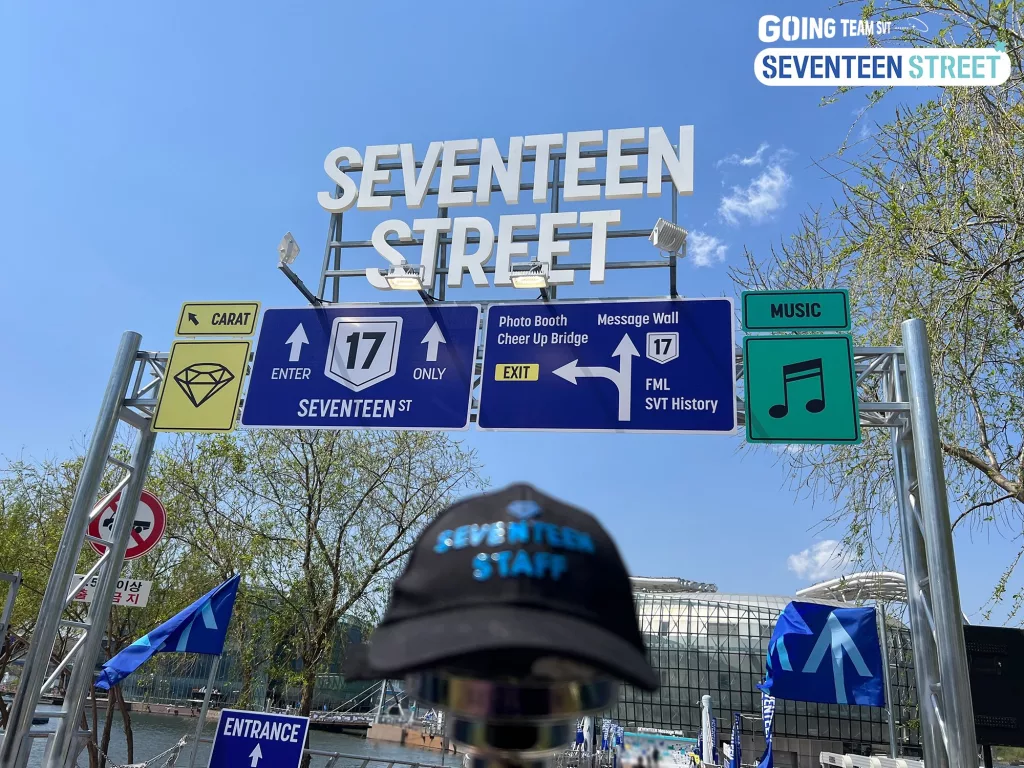Agust D Walks The Path To Self-Liberation With D-Day

With the lines, “Future’s gonna be okay / Okay, okay, look at the mirror and I see no pain,” BTS’ Suga opens up D-Day, his third studio album under his moniker Agust D. From his solo debut in 2016, with the self-titled mixtape, Agust D, to now, Suga has shown, that Agust D is not only an extended part of his artistry, but a form to unleash his tumultuous, intense and chaotic emotions.
On April 21st, the singer released D-Day, the third and final chapter in the Agust D trilogy, at least for now. Although, previous mixtapes explored distinct phases of his life and career: his teenage years in Agust D, and four years later, his 20s, with the release of D-2. The two previous records were filled with his anger, rage, and greediness. This newest and final act has Suga embracing those emotions, accepting them, and setting himself free from them. In D-Day, he encourages listeners to live in the moment and focus on the present instead of constantly worrying about the future.
On the Road to D-Day
The first track, “D-Day,” introduces the listeners to the album concept. In the song, Suga is no longer bound to the past and negative emotions expressed in his previous work and is ready to welcome the future with no fear. The hip-hop record is as explosive as one could expect from the rapper but with the distinction that this time around, he speaks from a place of self-liberation instead of anger. The track sees Suga ready to coexist with the present without rejecting the past and fearing the future, “What are you? / There’s no limit, man / The past is gone, the future is far away / What are you afraid of?”
The vital point of “D-Day,” is about shining brightly even in the most challenging circumstances. In the lyrics, Suga compares himself to a lotus flower, that blooms in mud, to illustrate that despite his struggles and pains, he always rises stronger. He revisits the concept of resilience in the album’s standout song “AMYGDALA.”

Although the album focuses on freedom, Agust D’s previous anger does come back in the second and third tracks of the album, “Haegeum” and “HUH!?,” featuring fellow BTS member J-hope. Suga, who is not a stranger to calling out the haters and explicitly advocating for his beliefs, returns to his roots in both tracks by openly questioning society, the system, and those who mock him.
In “Haegeum,” a word that symbolizes a traditional bowed string Korean instrument and also means “freedom from forbidden,” Suga wants to get rid of the endless wave of online information and the limitations of society, “Don’t get swept away by this tsunami of info /’Cause we all differentiate freedom from self-indulgence / This song’s a haegeum.” While in the drill genre record, “HUH!?” he appears to be sending a message to critics and those who spread misinformation about him and BTS, pointing out that. “Please check your shit first / Many articles and gossip, the villain in the information age.”
The music video for “Haegeum” follows the storyline of D-2, “Daechwita.” In the video, the version of Agust D that survived in “Daechwita” has become a greedy and corrupt version of himself, and it’s up to the new Agust D to end his previous self. As the story progresses, the modern Agust D seeks closure for his ruthless and darkest self.
A Path to Self-Liberation
Suga has had a lot on his plate as a member of BTS, a musician, and a regular person for the past ten years. In his lyrics over the last decade, he has been very open about his fears, mental health, success, and identity. However, what distinguishes D-Day from those early mixtapes, is the undeniable development of his bold and mellow musical sound, and his role in redefining the meaning of letting go, that leads the album’s second half.
The highlight of D-Day is “AMYGDALA,” his most personal and vulnerable track to date. The title refers to the novel Almond by Won-Pyung Soh, that fans spotted Suga reading in the show BTS In The Soop in 2020. The main character in the novel has an underdeveloped amygdala, the part of the brain that processes information and emotions such as anger and fear. The book is a journey through how to live with too many emotions and not feel anything at all. Just like the novel, “AMYGDALA,” dives into painful memories you don’t want to recall.

“AMYGDALA,” tells Suga’s most intimate stories. The singer opens up about painful memories he hadn’t discussed before, including his mother’s heart surgery when he was born, a shoulder injury accident, and his father’s liver cancer diagnosis. With mellow and raw vocals that lay over a distorted rhythm, Suga asks his amygdala to erase those heartbreaking memories from his control, “My amygdala / Save me, hurry up / and get me out of here,” he sings. The track’s tension comes with the lines, “The never-ending trials weren’t able to kill me / And I bloomed a lotus flower again,” where he returns to the lotus flower analogy as if he wants to reaffirm those words to himself.
What’s striking about the song, it’s the contrast between wanting to erase the pain or accepting it and moving forward. Beneath those layers of multiple rearranging, the foundation of the track, it’s the idea of Suga looking for a place to let go of the painful memories that haunt him.
The next set of songs work together. “SDL” is an R&B track with a delicate melody that questions love and relationships. “People pt. 2” with IU, acknowledges the inevitable change in people and how a strong connection with someone can turn uncertain and fragile. “Polar Night” follows, addressing the current polarized society that has people taking advantage of each other. In true Agust D fashion, he calls out those who see the world with only one perspective. “Between so many truths and so many lies / Are we seeing this world right? / It is all dirty (Am I also clean?) / It is all dirty (Are you clean?) / Between dark questions and indiscriminate accusations / What do we fight for,” he raps.
Next, it’s “Interlude: Dawn,” an instrumental song that features an electric guitar sound and works as the middle ground between the second and third parts of the album. The one-minute and half-track is just as memorable as the rest of the album, effectively connecting the overall flow of the record.
A Message To The World
Suga concludes D-day by letting everyone know that it’s okay to take a break from life’s inevitable suffering. In the tracks “Snooze,” featuring the late composer Ryuichi Sakamoto, alongside The Rose’s Woosung, and “Life Goes On,” he emphasizes that it’s okay to have dreams or not and that all of those painful experiences will pass and become memories.
With “Snooze,” he sends a message to all emerging musicians who are struggling to survive in a competitive industry, telling them that everything will be okay. “I hope your dream won’t just be left as a dream / I’ll cheer you on anytime, anywhere,” he sings. In “Life Goes On,” a track he samples BTS’ single with the same title, Suga reminds the audience to not care about others’ opinions, time goes on and you are the owner of your decisions.
D-Day encapsulates the intricacies of Suga’s thoughts and memories. A tribute to his past self, and ultimately, coming to terms with his darkest thoughts and emotions. On the record, Suga closes the Agust D trilogy by saying that even if the road to acceptance and self-liberation is tough, the ending will always be rewarding. Similar to the second verse of “Life Goes On,” he wishes the listeners to “Don’t be afraid until the end of my life / Because life will go on forever.”
You can listen to D-Day on Spotify and Apple Music!
Want to read more about BTS’ latest releases? Read all about Suga’s pre-release single “People pt.2” here!



